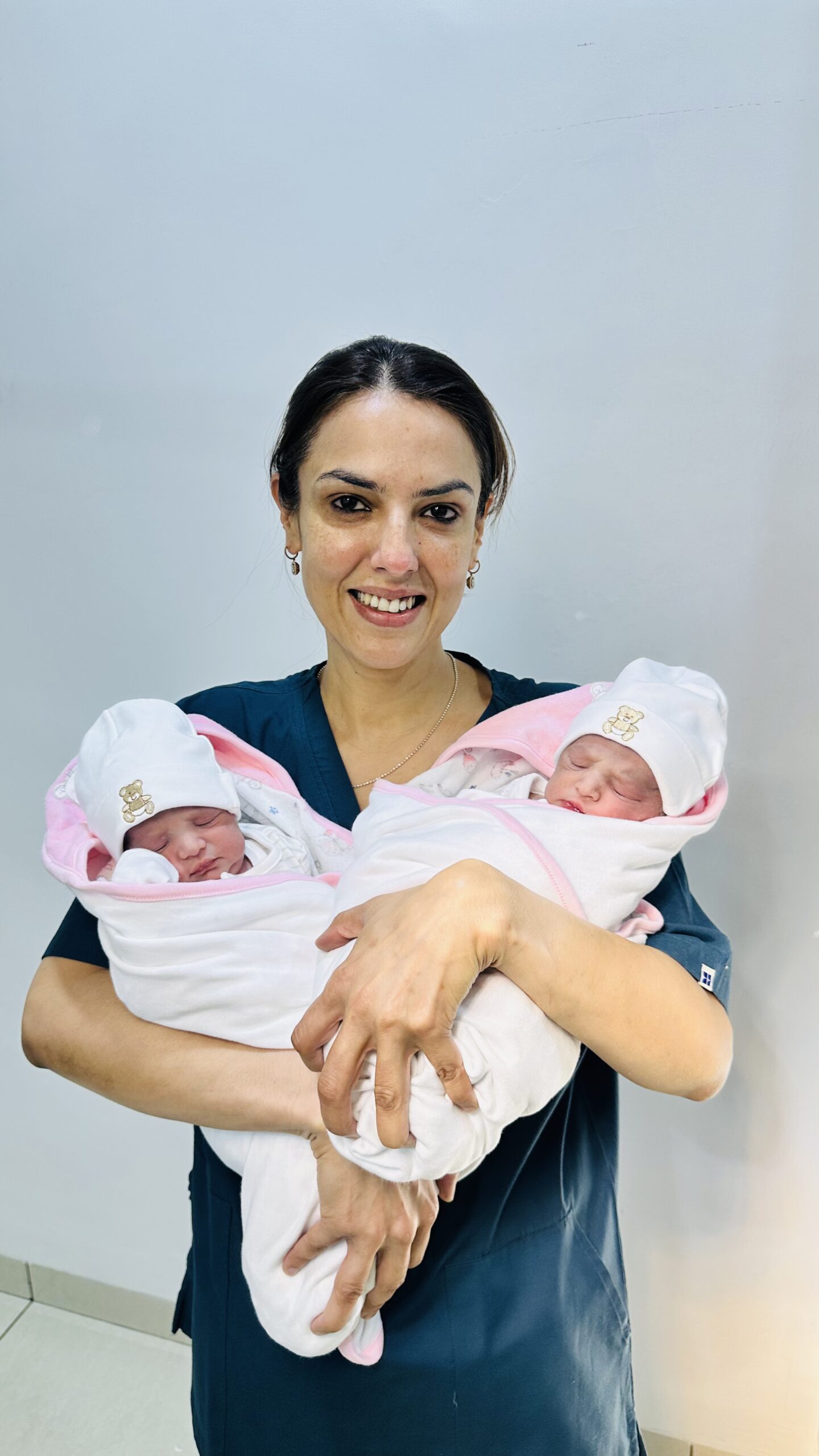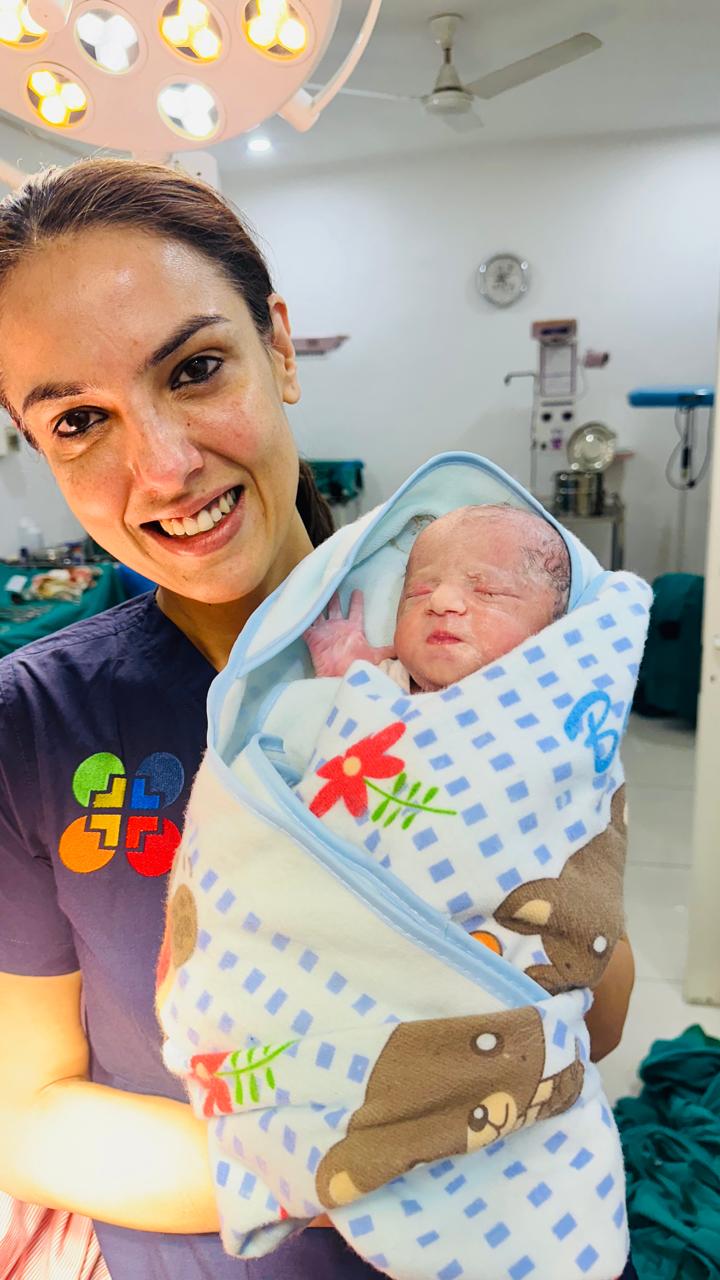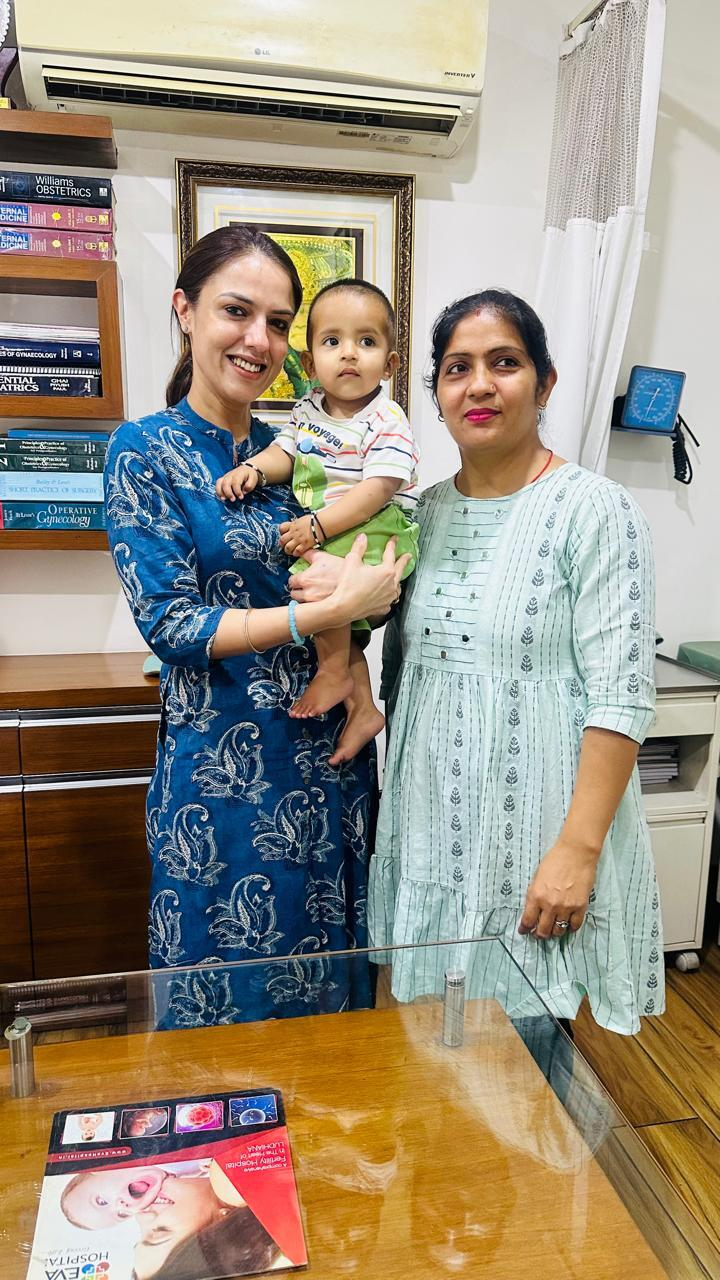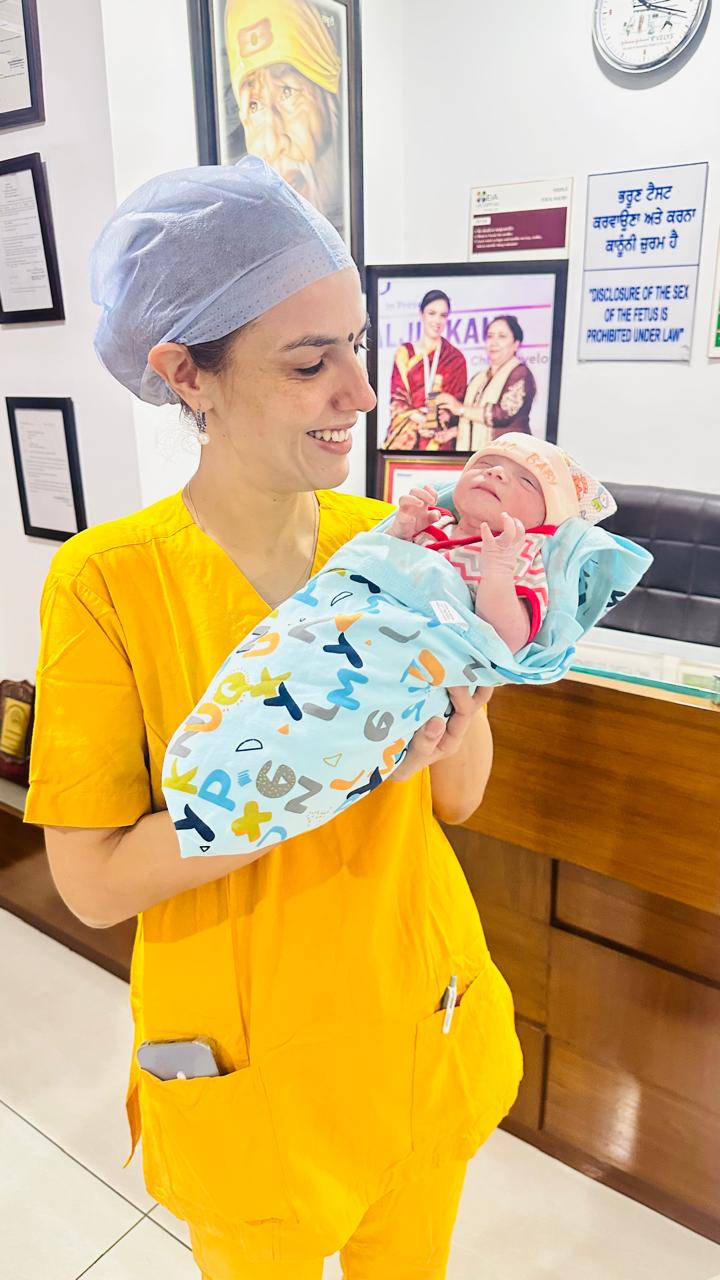[vc_row el_class=”cstm_container”][vc_column][vc_column_text]
Introduction
IVF is a popular technique of assisted reproduction in which a man’s sperm and a woman’s eggs are mixed in a laboratory dish, and then one or more fertilized eggs are transferred into the woman’s uterus, where they may embed in the uterine lining and develop.
What is IVF Technique and progress in the understanding of the reproductive parameters have led to increased success in both the pregnancy rates and live birth rates following IVF?
There are usually no Serious complications from IVF medicines and procedures. However, as it is with all medical treatments, there are always chances of some risks.
Side Effects That Can Occur with IVF Medicines?
Injectable fertility medications are usually used for an IVF cycle and they help to stimulate several follicles with eggs to grow in the ovaries.
Side Effects That Can Occur with IVF Medicines?
Injectable Fertility Medications Are Usually Used for an IVF Cycle and They Help to Stimulate Several Follicles with Eggs to Grow in the Ovaries.
Possible Side Effects of Injectable Fertility Medicines Include:
- Light bruising & soreness at the injection site but changing sites for different injections can help resolve this issue to much extent
- Nausea and vomiting occasionally
- Short term Allergic reactions, such as skin reddening or itching at the injection site
- Bloating and abdominal pain.
- Tenderness of breast and increased vaginal discharge
- Mood swings, fatigue, and tiredness
- Ovarian hyperstimulation syndrome (OHSS)
Ovarian Hyperstimulation Syndrome (Ohss) is an extremely rare but serious complication of ovarian stimulation treatment, the first stage of IVF can cause mild nausea, bloating, and ovarian discomfort which usually goes away without treatment within a few days after the egg collection.
However, very rarely OHSS is caused due to the building up of edema fluid within the chest and the abdomen, resulting in enlarged ovaries, dehydration, trouble breathing, severe abdominal pain, and rapid increase in weight.
Decrease in urine output, Dyspnea, nausea, and vomiting are other symptoms. Mild OHSS can be managed by immediately stopping the cycle and complete rest but in some serious cases intensive management, including paracentesis to relieve ascites, may be needed.
Though some apprehensions about the use of fertility hormones being linked to cancer exist no evidence has been produced in this regard so far.
What Are the Risks of Egg Retrieval?
An ultrasound-guided transvaginal follicular aspiration of both ovaries is used by the doctor to retrieve eggs during egg retrieval. Possible risks for this procedure include:
Read More:- How to Improve Egg Quality After 40?
- Mild to moderate pelvic and abdominal pain which disappears within a day or two and can be managed with over-the-counter pain medications.
- Damage or injury to organs surrounding the ovaries, such as the bladder, bowel, or blood vessels. However, any serious harm to the organs which may require surgery or hospitalization is very rare.
- Mild to severe pelvic infections may occur after egg retrieval or embryo transfer. However, these infections are now uncommon because antibiotic medicines are usually given at the time of egg collection.
Risks Associated with the Embryo Transfer
The embryos are gently placed into the uterus by using a catheter. Mild cramping might be felt when the catheter is inserted through the cervix and vaginal spotting may occur afterward.
An infection may develop, which is however very rare and treatable with antibiotics.
To maximize the chances of a successful pregnancy, usually, more than one embryo is transferred into the uterus of the woman during IVF. This helps prevent many repeated cycles.
However, placing more than two embryos into the uterus occasionally heightens the chances of multiple pregnancies.
Multiple pregnancies can pose some risks to both the mother and baby like pregnancy-induced hypertension, hydramnios, preterm labor, complicated delivery, delivery by Cesarean section, etc.
There is a risk of the fetus having congenital malformations, premature birth, low birth weight, and the need for intensive neonatal care.
Sometimes complications such as lung development problems, intestinal infections, cerebral palsy, learning disabilities, language delay, and behavior problems may also occur in these children.
The more is the number of embryos transferred into the uterus, the greater is the risk. Dr. Shivani Bhutani at Eva hospital who has been helping couples to give birth to healthy babies through IVF says that a doctor should transfer the minimum number of embryos necessary to provide a high likelihood of pregnancy with the lowest risk of multiple pregnancies.
IVF and Risk of a Child Having a Birth Defect.
There is a 2-3% risk of birth defects in the general population. This risk becomes slightly higher among infertile patients majorly due to delayed conception and the underlying cause of infertility.
However, it is debatable whether or not IVF alone is responsible for birth defects.
The intracytoplasmic sperm injection (ICSI) when done along with IVF, may increase the risk of birth defects.
There may also be a slightly increased risk of sex chromosome abnormalities with ICSI. Whether these risks should be attributed to the ICSI procedure itself or problems with the sperm, is yet uncertain.
Chromosomal abnormalities are most likely to be present in men with sperm defects, which can be transferred to their children. The good news is that these abnormalities are extremely rare.
Children conceived by IVF tend to be born with low birth weight. They may have higher fasting blood sugar and blood pressure levels than normally conceived children.
Chances of cerebral palsy, psychological diseases, and developmental delays, are slightly more common in these infants than when compared to naturally conceived children.
Miscarriage and Ectopic Pregnancy
Though The rate of miscarriage after IVF is similar to the rate following natural conception, there is a minor risk of an ectopic (tubal) pregnancy with IVF. In case of an ectopic pregnancy, a woman may be given medicines to end the pregnancy or surgery may have to be conducted to remove it.
Takeaway
All pregnancies have some risk involved. This risk becomes slightly higher in percentage after IVF. But all these risks are usually rare and can be managed if the procedure is done by a competent fertility specialist who uses the safest methods and techniques and monitors the pregnancy term carefully.
The joy and happiness of parenthood largely outweigh these risks. There has been a lot of improvement and revolution in the techniques.
If the apprehension of possible risks is keeping you from options for IVF, do contact Dr. Shivani Bhutani for an appointment to clearly understand all the aspects and side effects of the treatment before making the decision.[/vc_column_text][/vc_column][/vc_row]


















